Shopify Marketing - The Basics You Need to Know

Content Writer and Graphic Designer

How To Create Marketing Strategies In Shopify: Unlock Your Sales And Success
Shopify marketing is a comprehensive plan that helps merchants promote their products and grow traffic and sales. Shopify allows pre-made tools, integrations, and advanced external marketing tactics. Whether you start up or establish a business; effective marketing techniques make your brand popular among the audience. Not only brand popularity, it also brings huge traffic and sales to your online store. Shopify marketing strategies include email campaigns, social media, digital, and paid advertising.
It is very difficult for new or small businesses to reach their audience and promote their products. In this blog, we will explore successful marketing techniques. These strategies will help them increase conversion rates, sales, and growth. So Let's Dive In!
Introduction to Shopify Marketing Strategy
Shopify marketing strategy is an effective plan for promoting products, services, and brands. It is a leading online platform that allows businesses of all sizes to create their stores and promote them using various marketing strategies. These techniques increase organic traffic, conversion rates, and growth in your online stores.
Key Components of Shopify Marketing
- Optimize Store For Conversion: Store optimization includes user-friendly store design, product page optimization, simple navigation, and more. High-quality images, detailed descriptions, simple checkout, and customer reviews create an attractive storefront. This helps increase conversions and reduce cart abandonment rates.
- Search Engine Optimization (SEO): Optimize meta titles, descriptions, and alt text for all store pages. Additionally, target the right keywords so customers can easily find your products. Blog post creations can also increase organic traffic and sales.
- Social Media Marketing: Social media marketing involves different digital platforms for product promotion. These mediums allow merchants to run paid advertisements to target their audience. Facebook, Instagram, TikTok, and Pinterest are the popular social media marketing platforms.
- Content MarketingCreating engaging blog posts, informational tutorials, and videos attracts the potential audience. Contract with influencers to reach your specific audience.
- Email Marketing: Send personalized email campaigns to your subscribers about sales, promotions, discounts, or product recommendations. Shopify provides Shopify Email and a third-party integration tool like Klaviyo for advanced email marketing campaigns.
- Paid Advertising: Use different paid channels like Facebook ads or Google ads to target more audiences. This will increase organic traffic and drive sales to your stores.
- Customer Retention and Loyalty: Manage existing customer relationships by offering loyalty programs, discounts, and rewards. Encourage repeat purchases by providing personalized recommendations, services, and support. This increases customer satisfaction and brand loyalty.
- Analytics and Optimization: Shopify reports and analytics provide in-depth data on product pages. Monitor KPIs, and analyze reports to make data-driven decisions to improve marketing strategies. Shopify Analytics and integrations like Google Analytics help to track the performance of stores.
Benefits of Shopify Marketing
Shopify marketing is important for merchants to maximize online store sales. Implementing a great strategy not only increases traffic and sales but also enables brand awareness among the audience. Perfect marketing strategies provide the following benefits:
Connect with Your Audience
Shopify marketing connects you with potential audiences through various channels such as social media, SEO, or paid advertising. It acts as a medium for merchants and potential buyers to connect with online stores. On Shopify, there are over 24 million online stores. The right marketing strategy helps your store find customers who are likely to buy your products. Proper keyword targeting in marketing drives customers to your products and services.
Competitive Advantage
An effective Shopify marketing plan helps you to stand out in a crowded marketplace. These strategies can beat your competitors by offering customers exclusive promotions and deals. You can attract a larger audience by offering loyalty programs and highlighting your unique selling points.
Increase Organic Traffic and Conversion
A clear marketing strategy using popular channels helps increase traffic and conversions. This technique enables merchants to offer a personalized experience to customers. Additionally, optimizing stores for mobile shopping can convert more visitors into buyers.
Improved Brand Awareness
The right Shopify marketing helps online stores improve brand awareness. Content marketing and customer reviews build brand recognition and increase loyalty. Most people today blindly follow influencers. Partnering with influencers can increase your brand awareness among the public.
How To Create an Effective Marketing Strategy
A well-executed marketing strategy increases customer attention, traffic, conversion, and sales. It builds your brand recognition. Here are the steps to create an effective marketing strategy:
Conduct Market Research
Conducting market research is the first and most important step in creating Shopify marketing. It analyzes the group of people who are interested in your products and are ready to buy. So, to find out who your target customers are, you need to conduct the following research:
- Do a Competitive Analysis: Do a deep analysis of competitors' audiences. Like; what digital platforms, do they use for targeting? How do they do content marketing? How do they promote products?
- Track Website Analytics: Monitor the website analytics using various tools like Shopify Analytics or Google Analytics. These tools provide an in-depth analysis of targeted audiences.
- Conduct Research Interviews: Interview the group of people who follow or interact with your competitors on social media. Conduct some queries like why they choose this product. Are they satisfied with it? What improvement they would suggest?
- Run Surveys: Surveys are the best way to understand the audience's interest. Different tools like Survey Monkey help you run surveys with questions about customer hobbies, interests, likes, or dislikes.
- Conduct Industry Research: To get deeper knowledge about customer behavior, review some research reports. The Google Trend is one of the popular tools. It provides reports on popular trends of various products since 2004.
- Review Purchase Information: The purchase information is the best way to know about the customer's behavior. Like how much the buyers spend. Where the buyers are from and which product do they want?
After performing market research, you'll have enough information about your competitors and audiences. Use this information for your benefit and create a marketing strategy for long-term advantage.
Define Product-Market Fit
Whether your products are market fit or not. To understand this we have to answer the questions:
- Why do the customers buy from you?
- How can your products solve the customer's problem?
- What is the uniqueness of your products?
When customers check your site for products, they also look at other features of your online store. Such as loading speed, user interface, and navigation. They check whether the product they are looking for meets their needs or not. The actual sales of your product also define product market fit.
Set Clear Marketing Goals
Now it's time to set the marketing goals for your online stores. For example how much traffic or sales do you want in the next three months? What will revenue generate in this period? What will the conversion rate be? Use the SMART framework to set clear marketing goals. It means your marketing goals will be:
- Specific
- Measurable
- Achievable
- Relevant
- Time-bound
To follow the SMART goal, you can say: "We will increase the site traffic by 30% in the next five months". After setting the target, you'll try your best to achieve your goals.
Explore Marketing Channels
Shopify merchants use various tactics to market their products. It can be social media, email, or SMS. Here are the following popular Shopify marketing platforms:
- Social MediaIt is a popular and effective marketing technique for all-sized businesses. Social media provides you with various platforms to promote your products, services, and brand. It offers both unpaid and paid marketing to increase organic traffic and sales. There are the following popular social media marketing platforms:
- TikTok
- Snapchat
- X (Twitter)
- When starting a business online, start marketing first on social media. It is a platform where you can understand the audience's demand. This platform is more than brand awareness. Engaging with the audiences and providing the exact service they want can increase the traffic on your site.
- Search Engine MarketingMost of the traffic on online stores comes from the search engines like Google. Optimizing your stores for search engines to attract more traffic and drive more sales. Search engine marketing strategy takes time, but it is a cheaper way to attract more audience than others. Search Engine Marketing involves keyword research, and optimizing meta tags, descriptions, and alt texts. But most beginners ignore such important tasks while listing products in stores.Explore the detailed guide on Optimizing your Shopify store to increase conversion and growth.
- Email Marketing Strategy Email marketing strategy is a powerful way to increase sales and customer relationships. It is a conversion-rich and low-cost way to market online stores. This strategy helps merchants encourage customers to sign up through pop-ups and provide them with discounts, deals, and promotions.
- AdvertisingAdvertising helps online stores to target the exact audience. It can be online or offline. Here is the listing of some popular platforms for advertising businesses:
- Google Ads
- Facebook Ads
- Billboards
- TV Ads
- Radio Ads
- Don't think that advertising is expensive. There are different ways to run ads to increase brand awareness, customer reviews, and sales on a minimal budget.
- Word-of-Mouth MarketingIt is a promotional Shopify marketing strategy that encourages buyers to refer your brand to new ones. 92% of people trust their friend's recommendations. There are different referral programs in Shopify App Stores. You just select the app and launch it, make a new campaign, and promote your program.
Retention Marketing
It is a marketing strategy that focuses on engaging existing users and loyal to the brand. This marketing strategy is much cheaper and easier to engage old customers than new ones. You can attract your existing audience through email targeting and loyalty programs.
Set Marketing Budget
After conducting research, setting clear goals, and selecting marketing channels, now it's time to set the budget for Shopify marketing.
How can you select the budget for marketing?
The answer to this question depends upon your scenario. If you do proper planning and have creative marketing ideas then you don't require a huge budget to run marketing campaigns. Most online stores spend around 10% of annual revenue on marketing but it depends upon advertising strategy. Some businesses have aggressive advertisement strategies and they need a high marketing budget.
On the other end, the random plans with no research don't drive successful marketing. No matter how much you spend on this type of strategy, you'll lose your money, time, and potential customers.
Monitor, Analyze, and Adjust
After launching the campaign successfully, don't leave it as it is. Proper monitoring, analyzing, and adjusting refines your Shopify marketing for better results. Shopify store analytics offers you various analysis reports. Use these insights to track traffic, conversion, and revenue. It also provides you with different marketing tools to track KPIs like click-through rates, average order value, and more.
Compete Your Competitors Today
Can I compete with my competitors in today's fast Shopify marketplace? The answer can be Yes or No. Let's discuss why.
Effective Shopify marketing helps you beat your competitors. This strategy gives you a competitive advantage over time. Various Shopify marketing strategies like SEO, social media, email campaigns, paid advertising, and more help you grow your business. However, for these techniques, you need proper planning and budgeting to promote your products and brand. For long-term sustainability, make sure your strategies have the ability to adapt to the latest trends to stay ahead.
On the other end, a random strategy can lead you to try different tactics that don't work. You end up spending a lot of money and time on things that don't sell. This not only makes you lose the edge in your competitive market, but you also lose your customers.
Conclusion: Improve Your Marketing Strategies
Marketing is an important factor in growing your online store and brand awareness among your audience. An effective marketing strategy helps you to target the exact audience and increases traffic and conversion.
Different marketing channels allow for running campaigns and advertisements. Monitoring, analyzing, and adjusting campaigns optimizes marketing for better results. A proper marketing strategy provides you with long-term success and sustainability.
Get 0 to 1 with your Shopify Store
We love working with companies looking to succeed at Shopify
More Articles
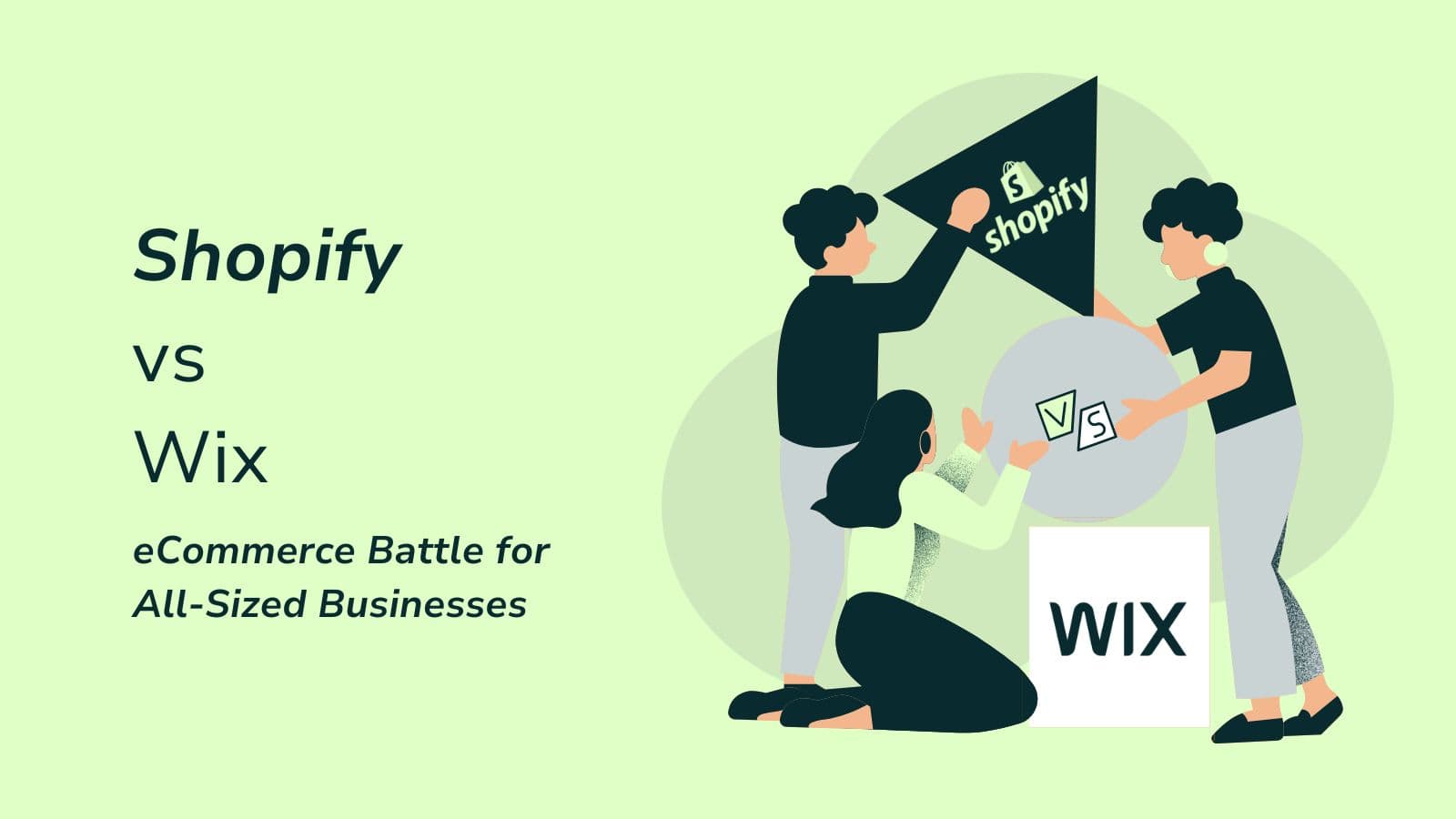
comparison
Shopify vs Wix: eCommerce Battle for All-Sized Businesses
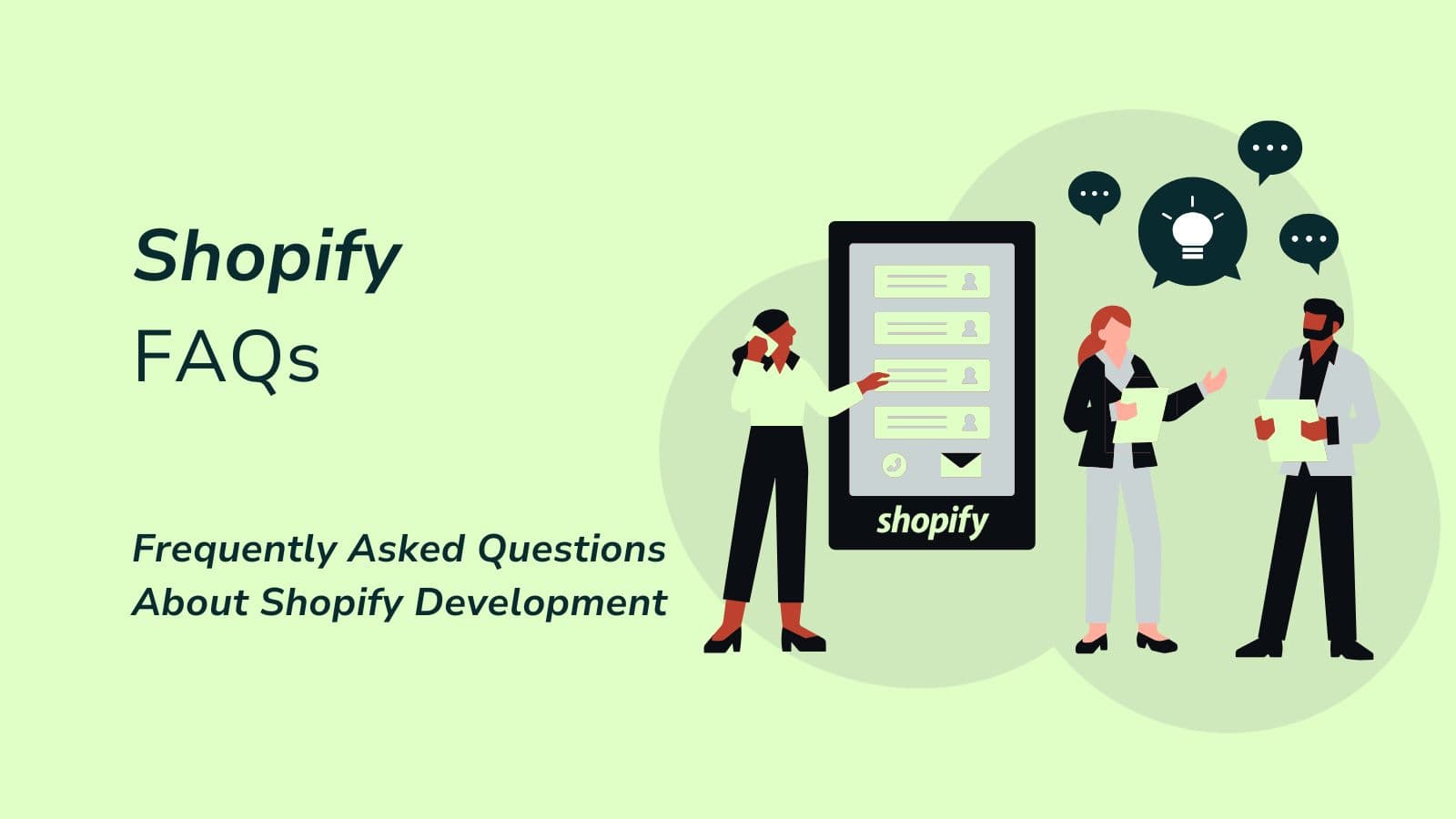
comparison
Shopify FAQs: Frequently Asked Questions About Shopify Development
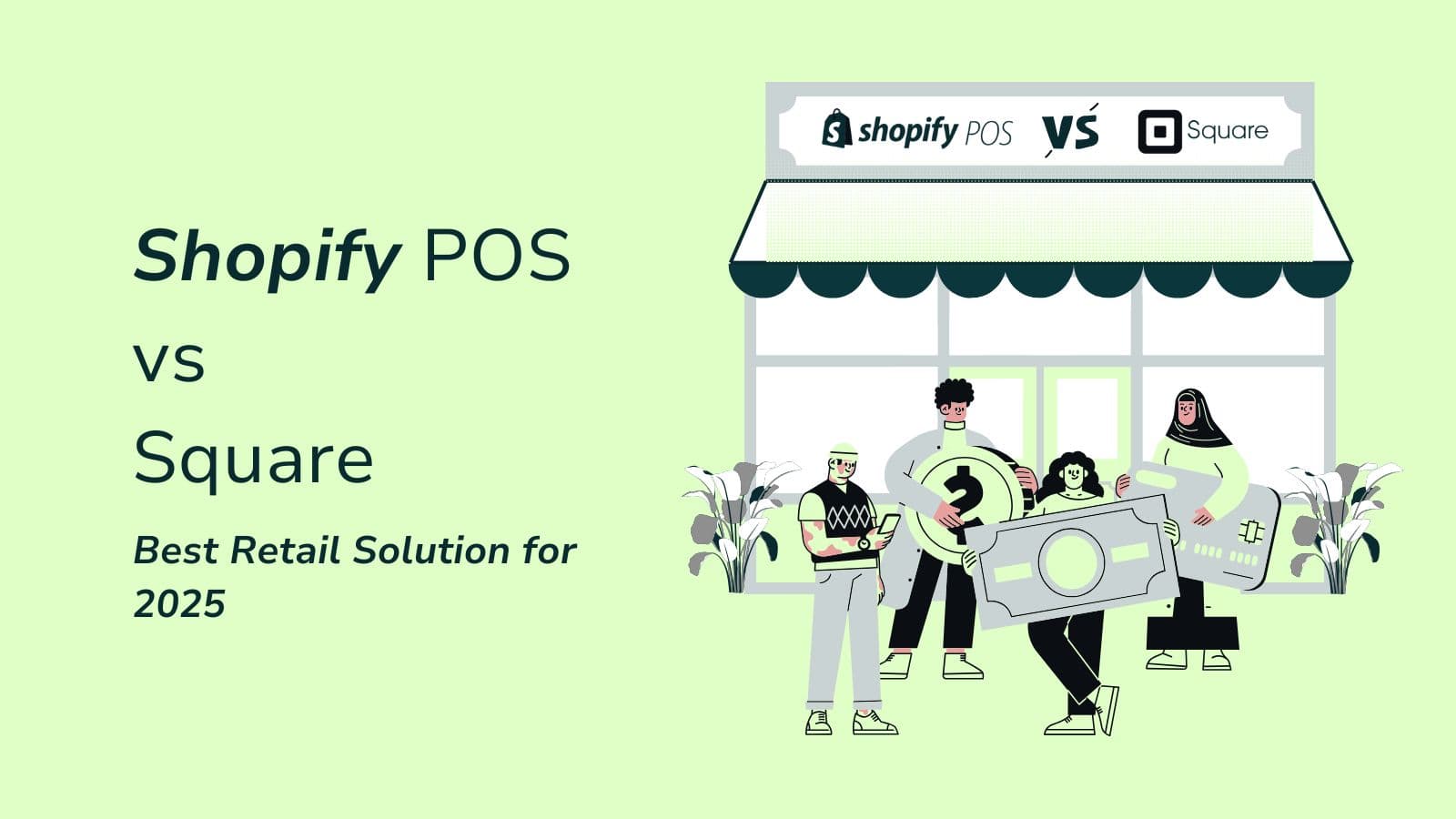
comparison
Shopify POS vs Square: Best Retail Solution for 2025

marketing
Future of eCommerce Trends 2025: Stay ahead in Shopify development
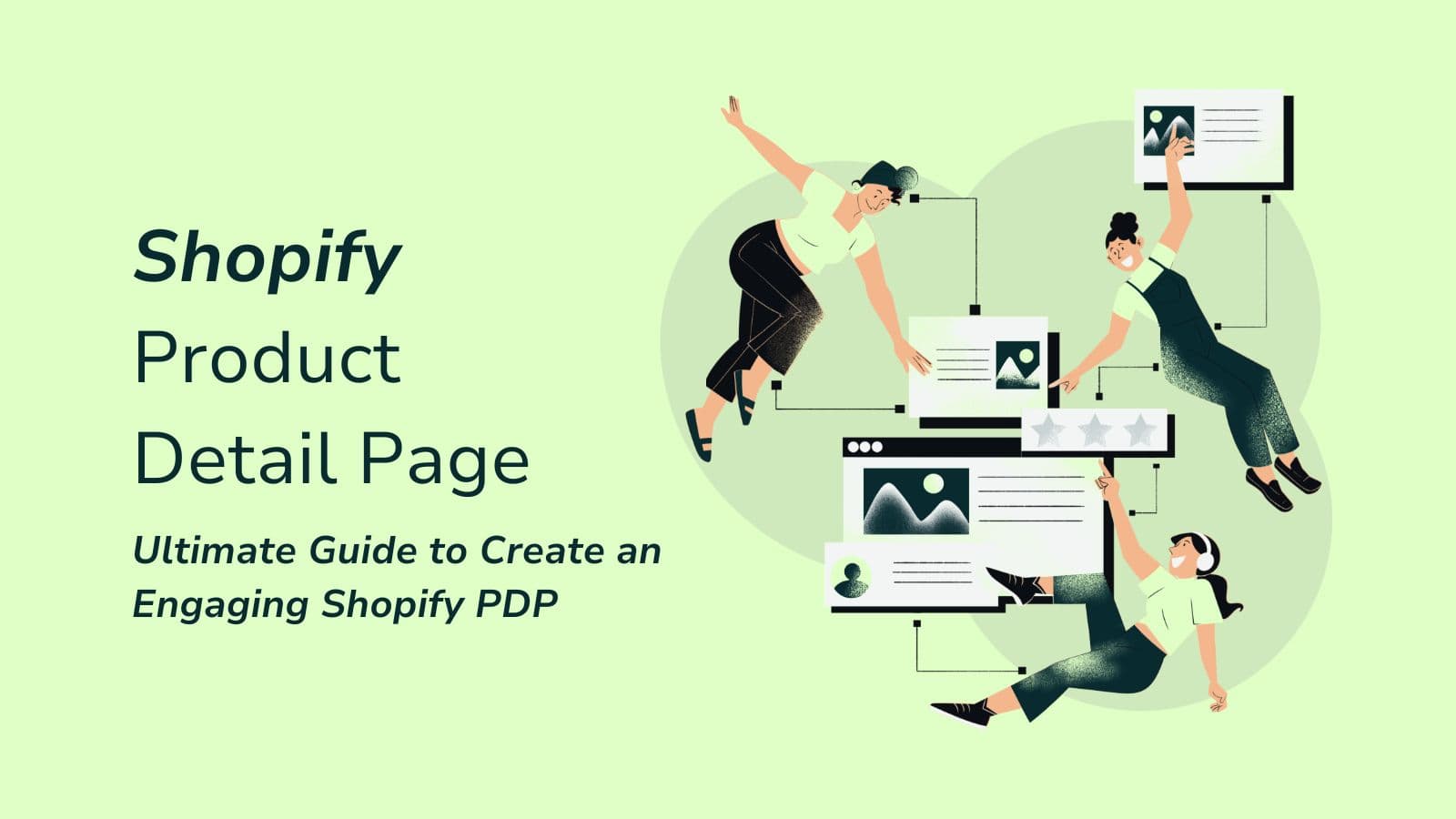
development
How to Create an Engaging Shopify Product Detail Page (PDP)
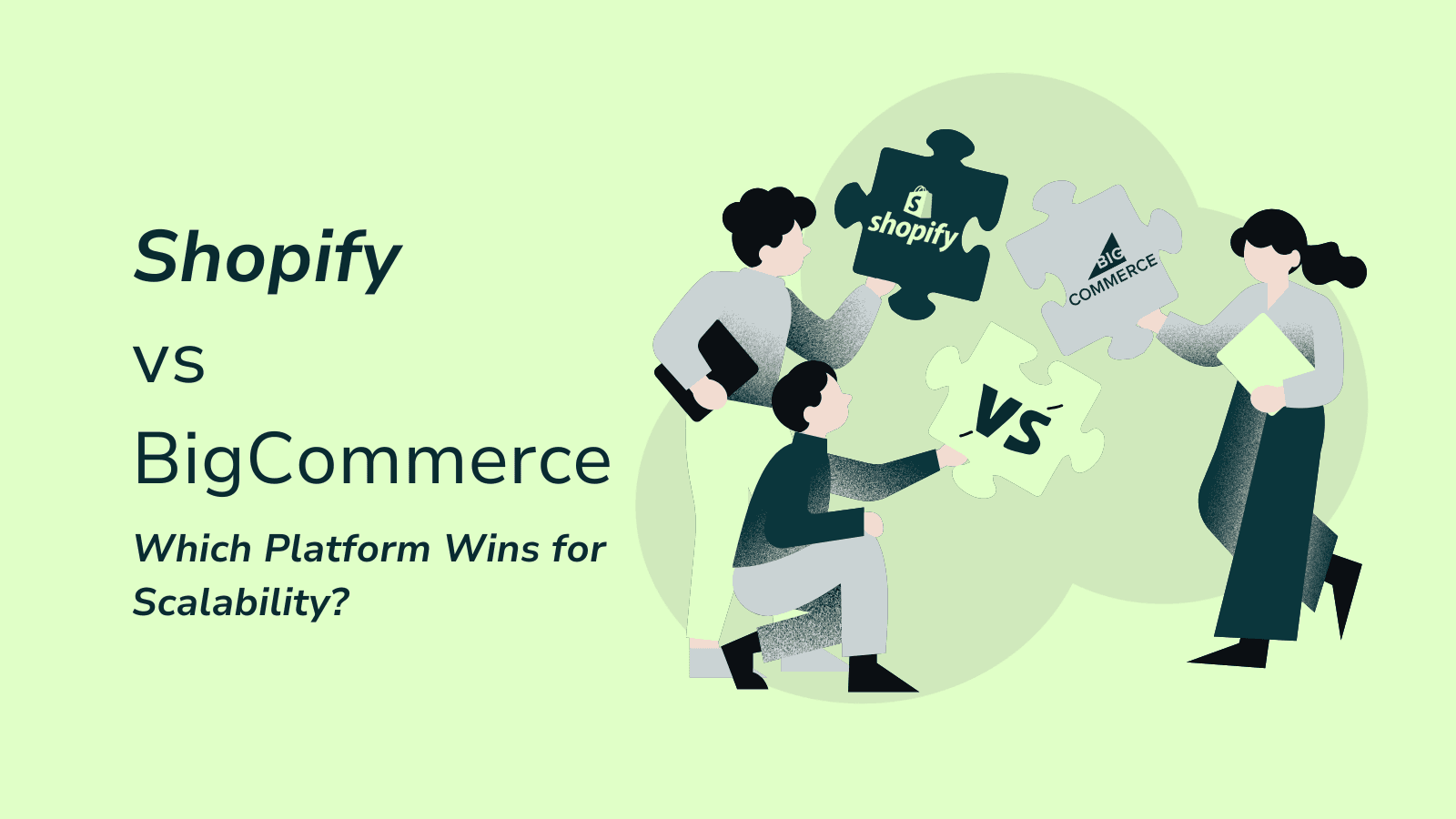
comparison
Shopify vs. BigCommerce: Which Platform Wins for Scalability?
Frequently Asked Questions
We Know Everything Shopify!
What do we get in the FREE Consultation?
In general, anything you need to know. Having built over 50 Shopify stores allows us to give you advice on any matter you seek when it comes to eCommerce and conversions.
How long does it take to build a custom Shopify store?
The timeline for building a custom Shopify store can vary based on complexity and specific requirements. Generally, it takes anywhere from 2 to 6 weeks to complete a fully functional store, including design, development, and testing.
Can you help with migrating our existing store from another platform to Shopify?
Absolutely! We specialize in seamless store migrations from various eCommerce platforms to Shopify. We ensure that all your data, including products, customers, and orders, are transferred securely and efficiently.
What kind of support do you offer after the store is launched?
After launch, we provide ongoing support that includes troubleshooting, updates, and answering any questions you may have. Our goal is to ensure your store runs smoothly and meets your evolving needs.
Do you provide ongoing maintenance and updates for our eCommerce store?
Yes! We offer maintenance packages that include regular updates, performance checks, and troubleshooting to keep your store optimized and secure.
How do you ensure that the store is optimized for mobile devices?
We implement responsive design principles to ensure that your store looks great and functions well on all devices. This includes optimizing layouts, images, and navigation for mobile users.
Can we request specific design elements or features for our store?
Absolutely! Your vision is important to us. We welcome specific requests for design elements or features, and we’ll work closely with you to bring those ideas to life.
How do you handle SEO during the development process?
SEO is integrated into the development process by optimizing site structure, meta tags, alt text for images, and ensuring fast loading times. This helps improve your store's visibility in search engines from day one.
What is Conversion Rate Optimization (CRO) and why is it important for a Shopify store?
Conversion Rate Optimization is the process of enhancing your website to increase the percentage of visitors who complete a desired action, such as making a purchase. It's crucial because even small improvements in conversion rates can significantly boost your sales without increasing running costs.
How do you ensure that our Shopify store is SEO-friendly?
We implement SEO best practices during the development process by optimizing site structure, meta tags, alt text for images, and ensuring fast loading times. This helps improve your store's visibility in search engines from the start.